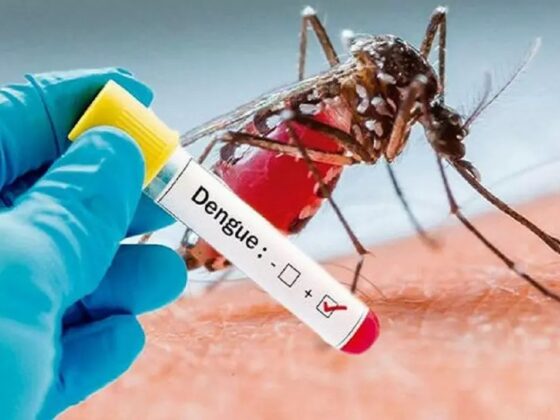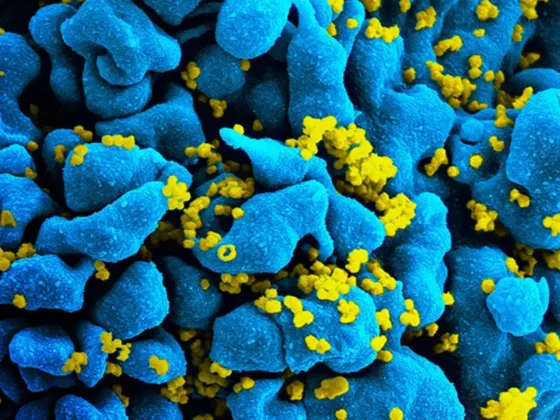New Delhi, October 02: The Union Health Ministry has recently revised its guidelines for the prevention and management of non-alcoholic fatty liver disease (NAFLD). This significant update aims to provide healthcare providers with more comprehensive guidance on the diagnosis, treatment, and prevention of this growing public health concern.
Understanding NAFLD
NAFLD is a condition characterized by the accumulation of excess fat in the liver cells, even in individuals who do not consume excessive alcohol. It can range from simple fatty liver to non-alcoholic steatohepatitis (NASH), a more serious condition that can lead to liver cirrhosis and liver failure.
Key Revisions in the Guidelines
The revised guidelines incorporate the latest research and evidence on NAFLD. Some of the key revisions include:
1. Early Detection: Emphasizes the importance of early detection and screening for NAFLD, especially in individuals at high risk, such as those with obesity, diabetes, or high blood pressure.
2. Lifestyle Modifications: Reinforces the crucial role of lifestyle modifications in preventing and managing NAFLD. The guidelines recommend a healthy diet, regular physical activity, weight management, and avoiding excessive alcohol consumption.
3. Medication: Provides updated guidance on the use of medications to treat NAFLD, including metformin, which has shown promise in improving liver function and reducing the risk of progression to NASH.
4. Monitoring: Highlights the need for regular monitoring of liver function tests and other biomarkers to assess the progression of NAFLD and evaluate the effectiveness of treatment.
The Importance of Prevention
Preventing NAFLD is crucial to avoid its serious complications. The revised guidelines offer practical advice for individuals to reduce their risk:
Maintain a healthy weight: Excess weight is a major risk factor for NAFLD. Aim for a healthy body mass index (BMI).
Eat a balanced diet: Consume a diet rich in fruits, vegetables, whole grains, and lean proteins. Limit intake of processed foods, sugary drinks, and unhealthy fats.
Exercise regularly: Engage in at least 30 minutes of moderate-intensity exercise most days of the week.
Limit alcohol consumption: Excessive alcohol consumption can contribute to NAFLD.
Manage other health conditions: If you have diabetes, high blood pressure, or high cholesterol, work with your healthcare provider to manage these conditions.
The Role of Healthcare Providers
Healthcare providers play a vital role in the prevention and management of NAFLD. The revised guidelines provide them with the tools and knowledge to:
1. Identify individuals at risk: Screen patients for NAFLD, especially those with risk factors such as obesity, diabetes, or high blood pressure.
2. Diagnose NAFLD: Utilize appropriate diagnostic tests, such as liver ultrasounds and blood tests, to confirm the diagnosis.
3. Provide lifestyle counseling: Offer personalized guidance on diet, exercise, and other lifestyle modifications.
4. Prescribe appropriate medications: Recommend medications, when necessary, to manage NAFLD and its complications.
5. Monitor disease progression: Regularly monitor patients with NAFLD to assess the effectiveness of treatment and identify any complications.
The revised NAFLD guidelines offer valuable guidance for healthcare providers and individuals alike.











